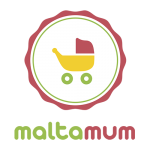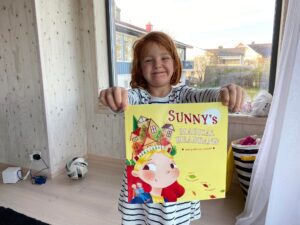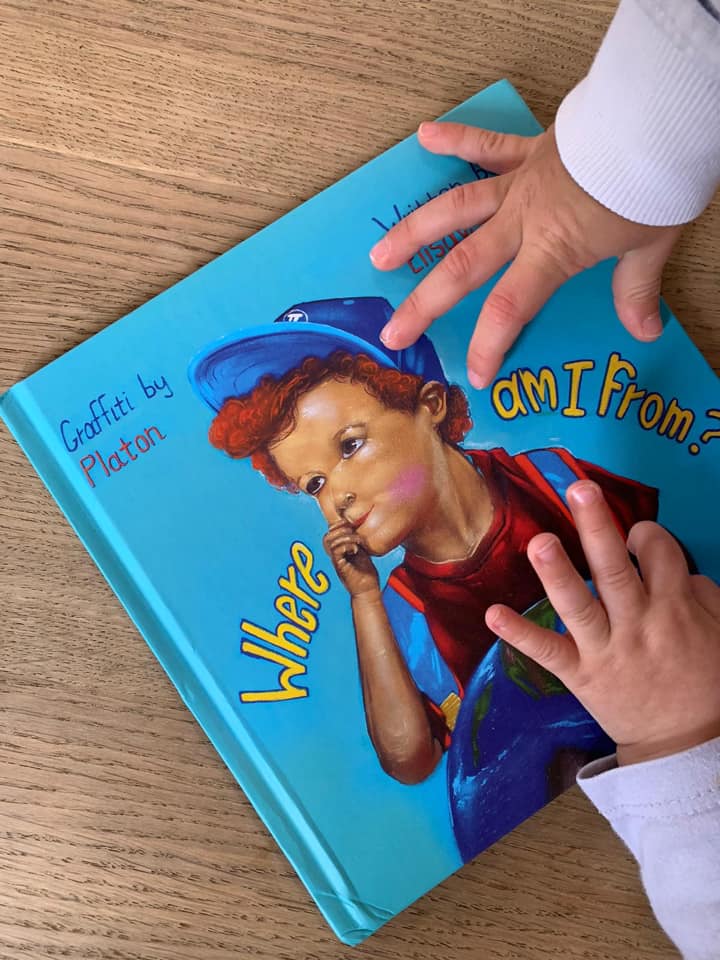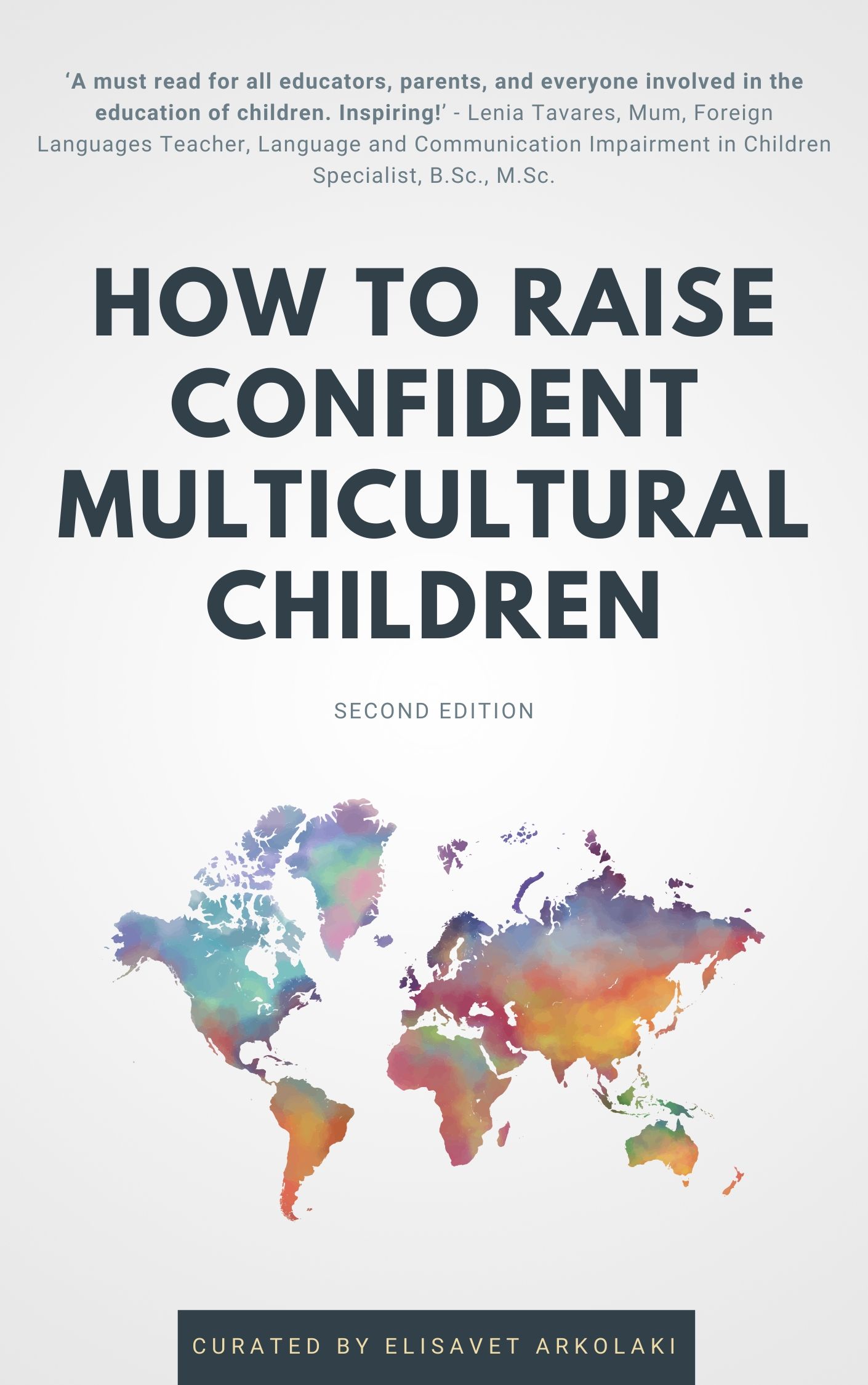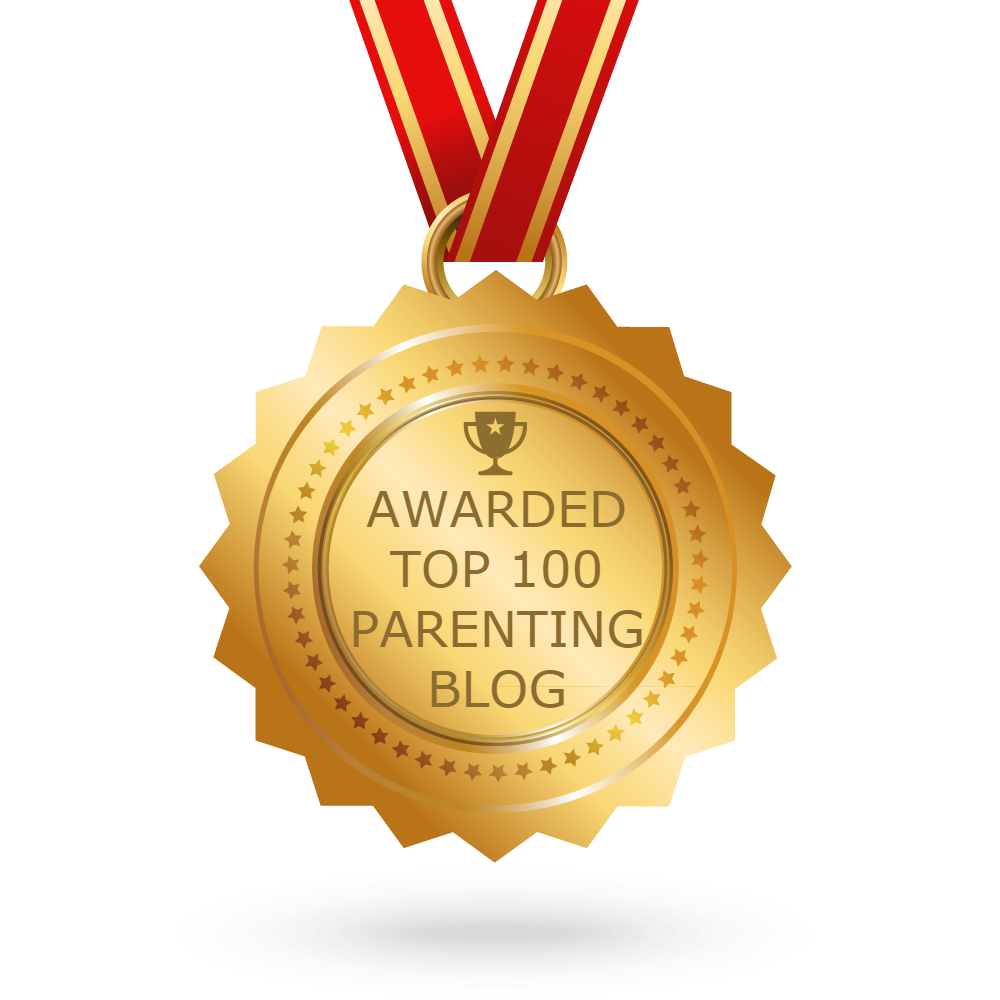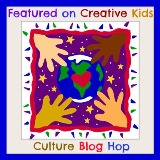Interview with Dr. Ute Limacher-Riebold, Language Consultant & Intercultural Communication Trainer
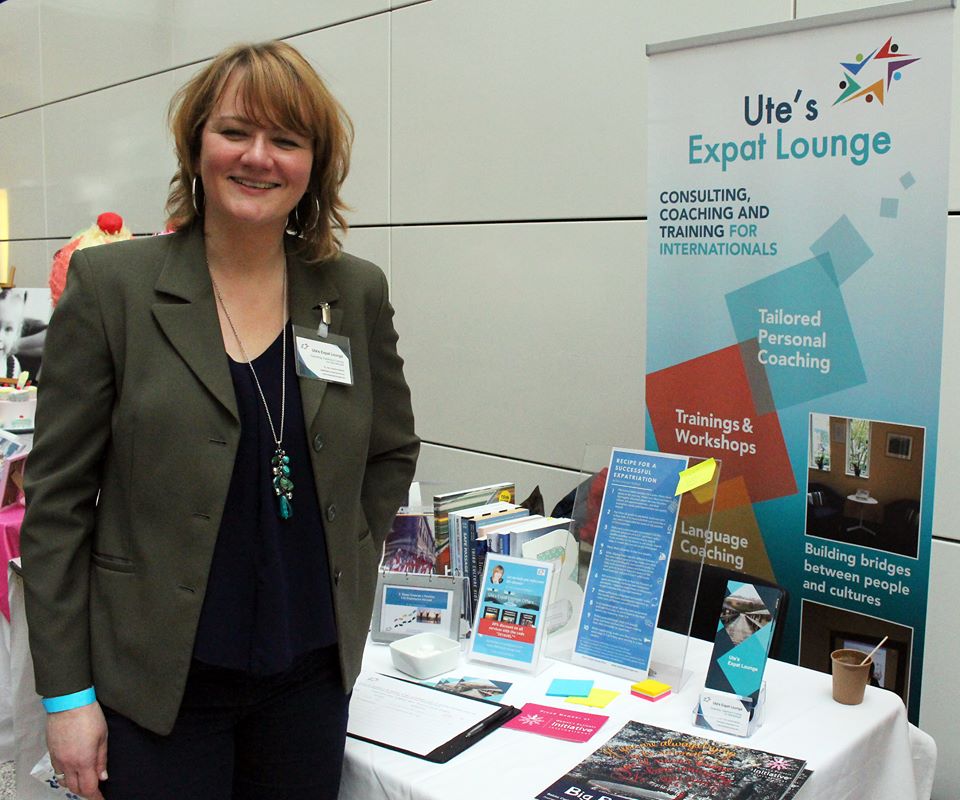
Dr. Ute Limacher-Riebold has lived in several European countries and has managed to thrive in all the places she has lived so far. She holds a PhD in Philology and is a professional Language Consultant and Intercultural Communication Trainer. Her expertise lies in linguistics and intercultural communication. In her consultations and person tailored trainings, she helps and empowers her clients to embrace their international journey. She offers all her services online and offline in English, Dutch, French, German and Italian. She is a major contributor to our guide ‘How to Raise Confident Multicultural Children‘ which we developed as a complimentary aid to parents and teachers and compliments our children’s book ‘Where am I from?‘. This guide can download for free here.
1) Ute, you work as a Language Consultant and an Intercultural Communication Trainer. What does that mean in simple words? How can you help parents, like me, whose children grow up with several languages since birth and might also be growing up in between cultures?
As a Language Consultant I help multilingual families maintain their home languages while fostering the local and business and/or school languages.
Internationals whose home language is not English, usually want their children to become fluent in their home languages too and this can be a challenge if they are attending school in another language.
What seems very easy in the first years can become more difficult when children go to local schools or are schooled in another language than the home languages, and when parents are also mainly using other languages at work.
It can become a challenge to maintain home languages in that kind of context, especially when the pressure and expectations from school, community and work environment are high, and when the core family becomes the main resource for the home languages.
With parents, teachers, educators and caregivers in general, I share the best practices and strategies, based on research, my own observations, the experience I gained by working with clients and my life long experience with living abroad, fostering all my languages and raising my own children with multiple languages.
My help consists in providing the necessary support to help children and their families maintain the home languages and through these languages, foster the connection with their cultures. The proficiency in all our languages and the understanding of our own and other cultures are all part of our very unique identity.
In my language consultations I help families take a short and long term SMART decisions regarding the languages they want to foster (or not), the habits and values that are important for them as a family. Every family is unique and every child, every family member has different preferences and expectations when it comes to language, culture, traditions, habits etc. You can share the same experiences but it can impact every family member in very different ways. So, it is not only about language… I consider not only the family, but the broader community, the extended family, friends, teachers, educators etc.
In my intercultural communication trainings I focus on understanding the other cultures, not only from a country or society, but also family cultures. One aspect that comes up very often when I talk with parents are the different parenting styles, the way we adapt to different ways of child rearing while living in different countries and the way this affects – or not – our family life and the understanding (or misunderstanding) within the family. But intercultural communication also means to understand the host culture, the verbal and non-verbal clues, that what we assume is “common sense” might not be what locals consider common sense.
2) You regularly hold workshops on subjects relevant to multinationals and expats. What’s planned for the near future and how can parents access them online?
I regularly hold my workshops and trainings for daycares, schools and employees (and their partners/spouses) in the broader The Hague-Delft-Leiden area. I also hold workshops in my workshop area near Leiden, but also offer them online via zoom.
The main topics of my workshops and trainings are multilingualism, raising multilingual children, intercultural communication, international childhood (Third Culture Kids / Cross Cultural Kids) and resilience in particular, and tailor them to the needs of the company, school or parents.
I held free online meetings on multilingualism in the past which are now called ‘Let’s talk about multilingualism’ and consist in videos that I share in my Facebook group ‘Multilingual Families‘ and that will be accessible on a membership site in December. I talk about multilingualism, based on my work with multilingual families, so, it’s not about whether being bi- or multilingual is positive or not, but I focus on particular issues that I see multilingual families need some support with. – I am also doing research on multilingual families and invite multilingual families to send me their issues and questions.
I am always happy to give advice, to help when needed, one can always contact me personally at info@UtesInternationalLounge.com. They can also book 1-2 hr sessions with me or a series of sessions if they have an issue that needs to be analysed more in detail. On my service site you can find more details about this.
3) What does a personalised consultation entail? How can you help parents on a 1 to 1 scale?
The personalised consultation entails a free intake session of 30 minutes, followed by either a one or more consultations, depending on the issue.
I start with an analysis of the whole family language situation. With my Family Language Plan© the situation, the short and long term goals become clearer and parents can share it with teachers, educators and health practitioners
In my language assessment I also include cultural aspects and aspects that are typical for international families like frequent moves, changes of school, changes of languages etc.
4) Are there any resources such as websites, books, online tools that you can recommend to the parents on their family journey towards multiple languages acquisition?
There are plenty of online sites and social media groups where many parents try to find some answers. I always advise to check if the person who is giving the advice is a professional or not… There are so many who just share their own experience, but we’re all different and our children are all different, so I always advice not to compare our children with others.
I can recommend the following books – but there are so many more!… :
Colin Baker, Foundations of bilingual education and bilingualism, MM, 2011.
Colin Baker, A Parents’ and Teachers’ Guide to Bilinualism, MM, 2014.
Adam Beck, Maximise your child’s bilingual ability, 2016.
Xiao-lei Wang, Growing up with three languages, MM, 2008.
Ofelia Garcia, Bilingual Education in the 21st Century, Blackwell, 2011.
Ofelia Garcia, The translanguaging classroom, Caslon, 2016.
Ellen Bialystok, Language processing in bilingual children, CUP, 1991.
Ellen Bialystok, Bilingualism in development. Language, Literacy & Cognition, CUP, 2001.
Suzanne Romaine, Bilingualism, Blackwell, 1995.
Andreas Braun and Tony Cline, Language Strategies for Trilingual Families, MM, 2014.
Annick de Houwer, An Introduction to Bilingual Development, 2009.
Annick de Houwer, Bilingual First Language Acquisition, MM, 2009.
François Grosjean, Bilingual Life and Reality, HUP, 2012.
François Grosjean, Life with two languages, HUP, 1984.
François Grosjean and Peng Li, The Psycholinguistics of Bilingualism, Blackwell, 2013.
Maria Estela Brisk, Literacy and bilingualism. A handbook for all teachers, Routledge, 2006.
Tracey Tokuhama-Espinosa, Raising multilingual children, Praeger, 2000.
Julia Festman et alii, Raising multilingual children. Parents’ and teachers’ guides, MM, 2017.
Barbara, Zurer Pearson, Raising a bilingual child, 2008.
I don’t link to all the articles and research projects: that would take too much space!
The sites I would recommend are:
Multilingual Matters: http://www.multilingual-matters.com/
François Grosjean’s blog on Psychology Today: https://www.psychologytoday.com/intl/blog/life-bilingual
Ellen Bialystok: https://www.childandfamilyblog.com/profile/ellen-bialystok/
Rita Rosenback’s Multilingual Parenting, where I’m one of the language coaches: https://multilingualparenting.com/
and, if I may, my own site: http://www.utesinternationallounge.com/multilingual-families/
5) Is there something new coming from your end during this scholastic year?
Yes, I will hold more online workshops that parents can join from the comfort of their own computer. I will offer them at different times so that people around the world can join.
These workshops are for 4 groups:
a) parents-to-be
b) parents of babies and toddlers
c) young school-aged children and teenagers
d) adults who want to know how to make sure they maintain their languages
I have been asked to hold some for teachers too and I am working on a workshop and a training where I share the best practices for those who teach classes with multilingual children.
Also, the new membership site (ready in December 2019) will give access to videos, podcasts, and written material.
6) Anything else that you would like us to add?
I really wish multilingual families to be able to fully enjoy speaking, reading and writing in all their languages, and to embrace all their cultures!
Category: Interviews
